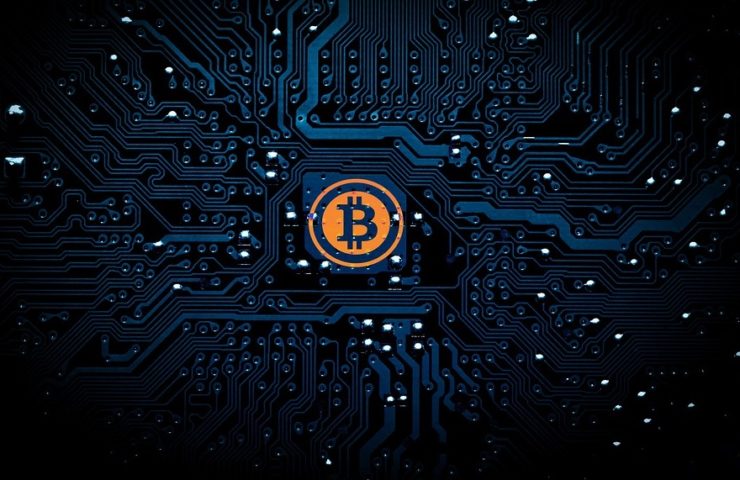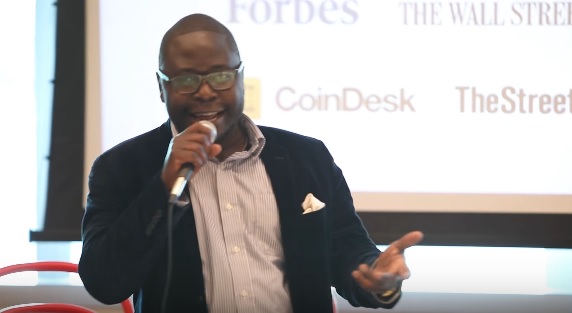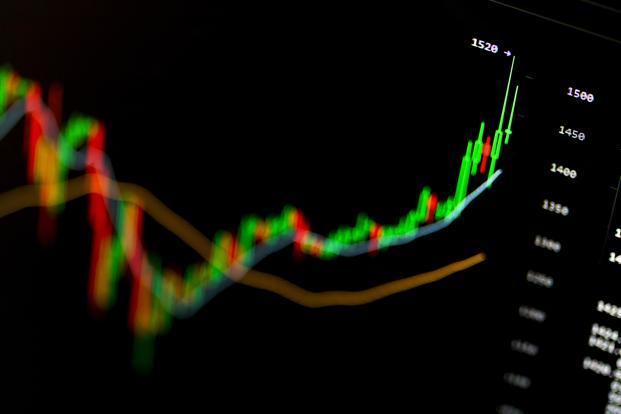Bank of America has nearly three dozen patents pending related to blockchains. More banks are expected to seek patents as the technology associated with cryptocurrencies creeps closer to widespread use.
Bank of America’s blockchain patent push shows how bankers’ attitudes toward the technology of cryptocurrencies have changed over the last few years — from dismissing it, to sizing it up to trying to protect their interests in it.
B of A is seeking 20 blockchain-related patents in addition to the 15 it previously filed in 2014. The move raises questions about the legality of patenting software whose original code is open source: free for anyone to access, use or modify. Blockchain technology has been touted as a potential game-changing technology for the banking industry. But as the once obscure technology inches closer to the mainstream, bankers are essentially trying to establish a legal framework for blockchains.
“‘We want to patent so … we don’t have to worry about getting sued because we have the IP,’ is one way to justify B of A’s patent strategy,” said Brian Knight, associate director of the Milken Institute’s Center for Financial Markets. “The other is due diligence, where they don’t know if it’s patentable… if they try and the [U.S. Patent and Trademark Office] refuses on the grounds that it’s not, they know they won’t be sued by anyone else.”
The bank’s strategy is pragmatic, observers say. Even if it hasn’t yet determined what blockchains’ commercial use would be for it specifically, it’s smart for companies to protect their intellectual property early.
“You can take open source code, modify it and patent around the modification of it,” said Carol Van Cleef, a partner at law firm Manatt Phelps & Phillips. “It’s really a race to the courthouse.”
What really matters is how much different B of A’s claims are than something else that already exists. That it filed a patent application at all comes with the assumption that it has an interesting twist on the technology.
“The scope [of the patent application] would have to be limited to the specific new feature that they add,” said Paul Overhauser, managing partner at Overhauser Law Offices, a firm that specializes in intellectual property cases. “They could not get patent protection so broad as to give them any patent rights to the original source code idea of having a blockchain.”
Bank of America did not respond to calls or emails, but Cathy Bessant, its technology and operations chief, discussed the patents at a CNBC event in Davos recently. Bessant has been vocal about the bank’s overall strategy in patenting technology — for instance, she touted its place as one of the top 10 patent holders of bank-related patents in a BankThink post she wrote prior to the Sibos conference last year.
“Our patents and awards portfolio is at 2,800 and climbing, and we are frequently cited in patent applications by the likes of Apple, eBay, Google, and Microsoft,” she said.
Source/More: Crypto Colonizing: B of A’s Blockchain-Patent Strategy | American Banker
















